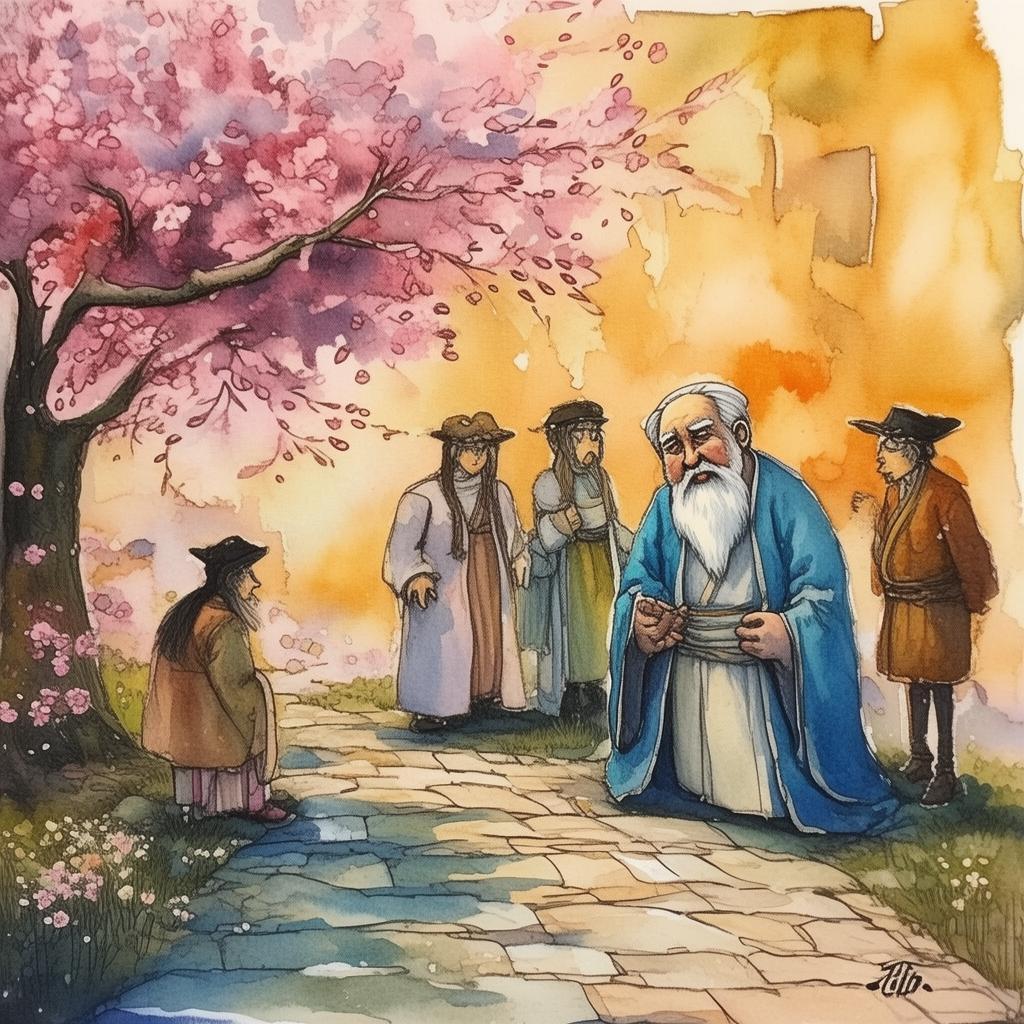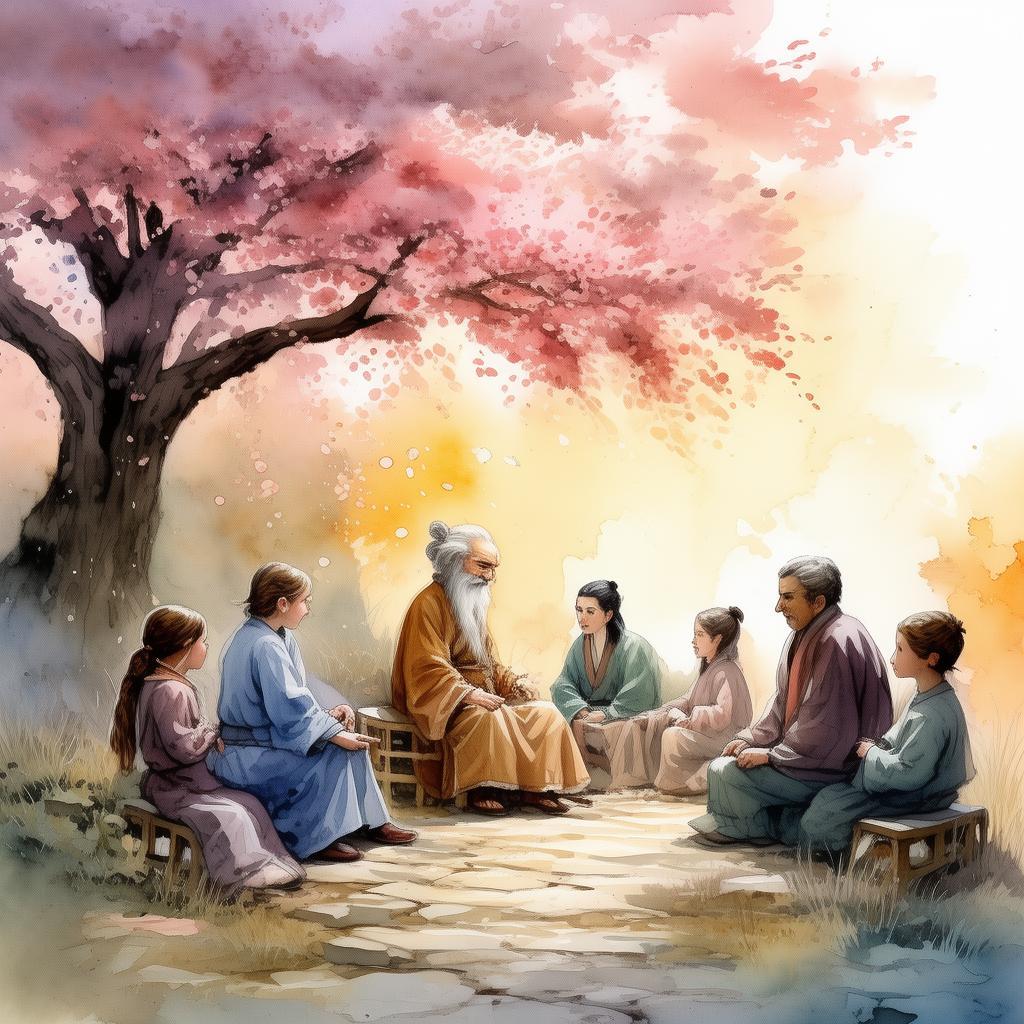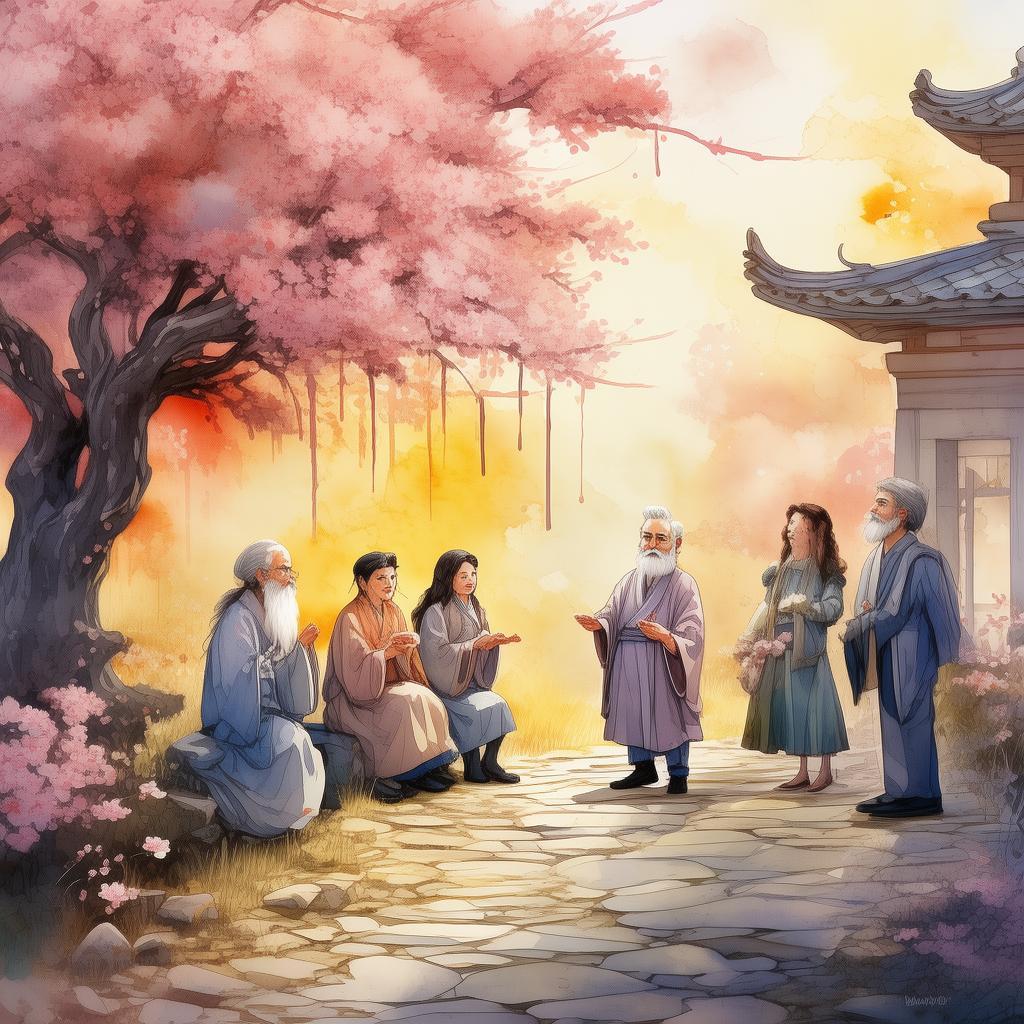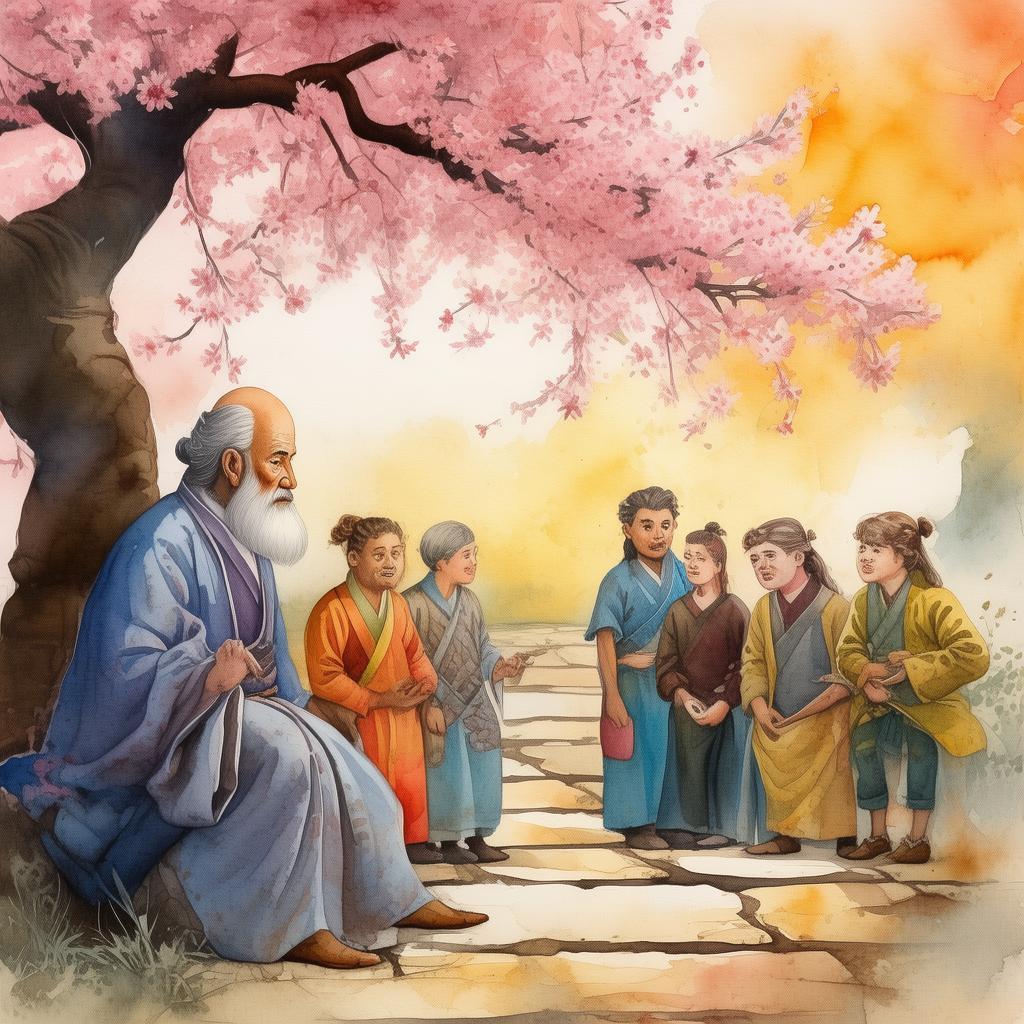Veiled Betrayal: The Whispering Shadows
In the ancient city of Lishan, where the moonlight painted the streets in silver, there stood a grand palace, the residence of the wise and benevolent Emperor Li. His rule was marked by prosperity and peace, but beneath the surface, a web of treachery was being woven.
The story begins with the arrival of a new courtier, Meng Hua, who was said to be a master strategist. His arrival was met with both excitement and suspicion, for whispers of his past had reached the ears of the emperor. Meng Hua, however, was a master of deceit, and he knew how to navigate the treacherous waters of court politics.
The emperor, a man known for his discernment, decided to test Meng Hua's loyalty. He tasked him with a seemingly simple mission: to uncover a plot against the throne. Meng Hua, eager to prove his worth, accepted the challenge.
As Meng Hua delved deeper into the shadows of the palace, he encountered a myriad of characters, each with their own secrets and agendas. He found himself in the company of the enigmatic Lady Qing, a court sorceress who wielded great power but was shrouded in mystery. She spoke of a seditious plot, but her words were like whispers in the wind, elusive and hard to grasp.
Meng Hua's investigation led him to the gardens where the emperor often sought solitude. There, he discovered a hidden chamber, its walls adorned with cryptic symbols and ancient texts. The chamber held a secret, one that could change the fate of the empire. But as he deciphered the symbols, he realized that the true danger lay not in the symbols, but in the whispers that followed him.
The whispers grew louder, more insistent, as if they were trying to guide him. They spoke of a traitor among the court, someone who had been feeding false information to the enemy. Meng Hua, consumed by his quest for the truth, began to doubt everyone around him.
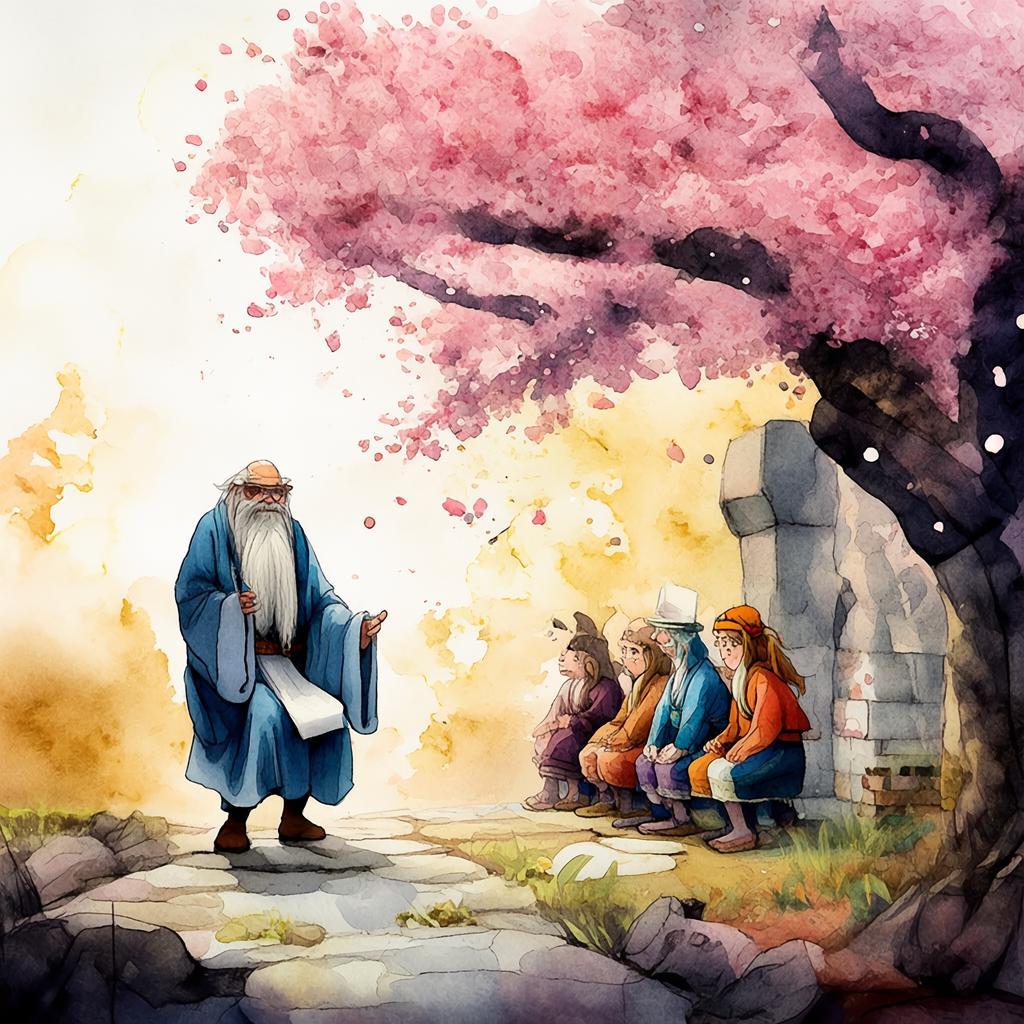
One night, as the moon hung low in the sky, Meng Hua found himself face-to-face with the emperor. He revealed his findings, but the emperor, with a knowing smile, revealed that Meng Hua himself was the traitor. The whispers were indeed real, and they had been guiding him all along.
The emperor explained that he had been observing Meng Hua's every move, testing his loyalty. He had planted the whispers as a test, and Meng Hua, in his eagerness to prove himself, had fallen into the trap. The emperor forgave him, not for his cunning, but for his willingness to face the truth.
Meng Hua, humbled and enlightened, realized the true value of trust and loyalty. He vowed to serve the empire with unwavering fidelity. The emperor, in turn, saw the potential in Meng Hua and tasked him with a new mission: to restore peace to the empire, which had been threatened by the subtle sedition.
As Meng Hua set out to fulfill his new duty, he knew that the true battle was not against the enemies outside the palace walls, but against the whispers that could lead him to betray his own heart. With the emperor's guidance and his own newfound wisdom, he faced the shadows with a newfound clarity.
In the end, Meng Hua's journey was not just about uncovering a traitor; it was about uncovering the true nature of himself and the empire he served. The subtle sedition had been unveiled, and with it, a new era of trust and loyalty began to take root in the heart of Lishan.
Veiled Betrayal: The Whispering Shadows is a tale of treachery, sedition, and the power of truth. It serves as a reminder that the greatest battle often lies within, and that the whispers of doubt can be the most dangerous of all.
✨ Original Statement ✨
All articles published on this website (including but not limited to text, images, videos, and other content) are original or authorized for reposting and are protected by relevant laws. Without the explicit written permission of this website, no individual or organization may copy, modify, repost, or use the content for commercial purposes.
If you need to quote or cooperate, please contact this site for authorization. We reserve the right to pursue legal responsibility for any unauthorized use.
Hereby declared.
